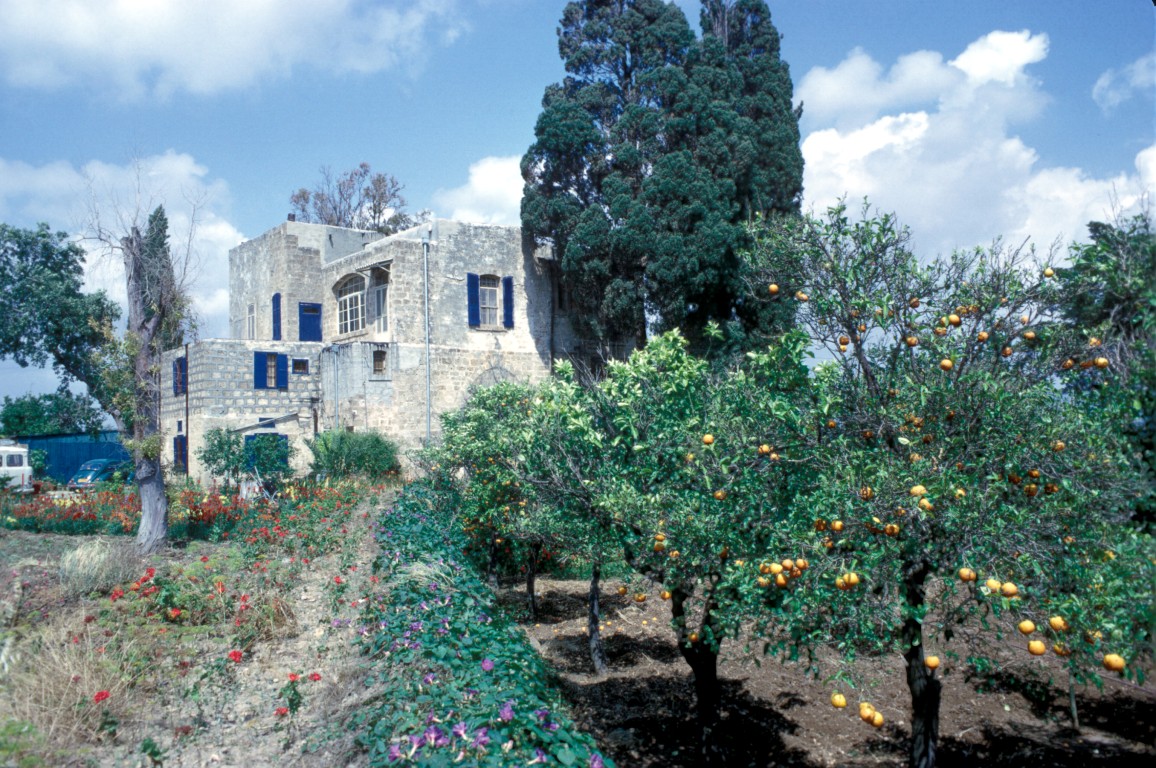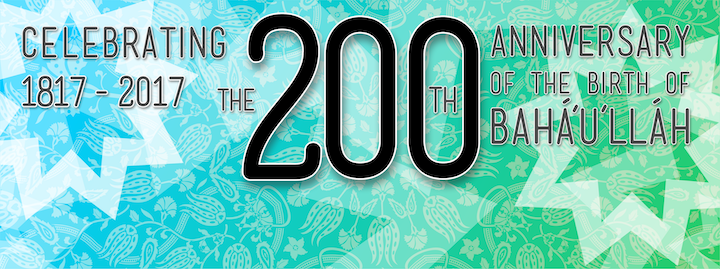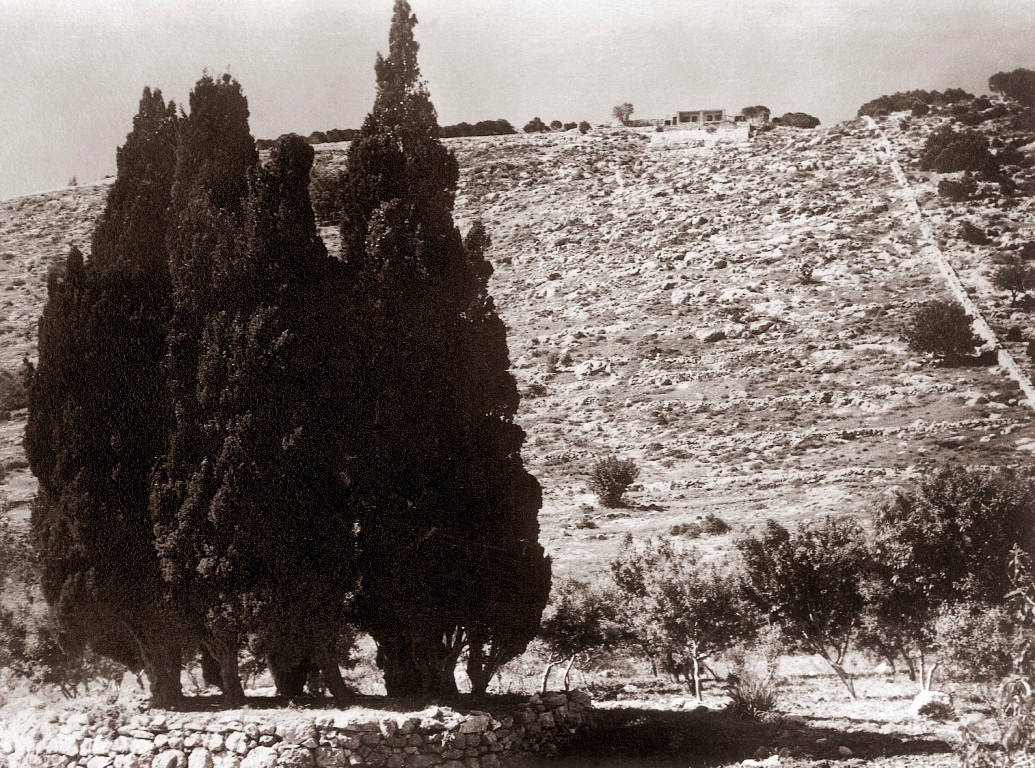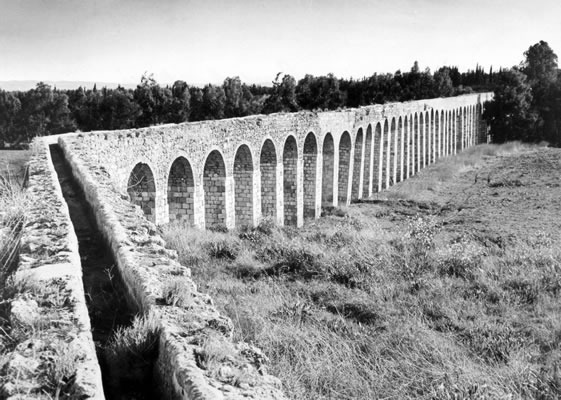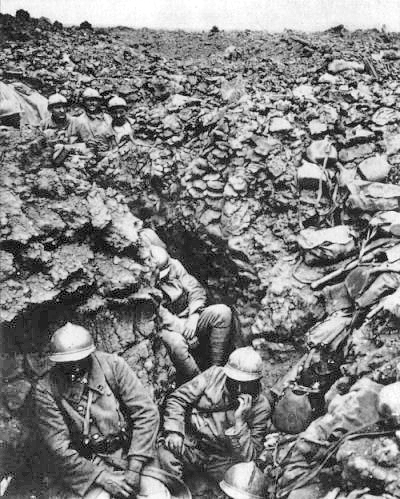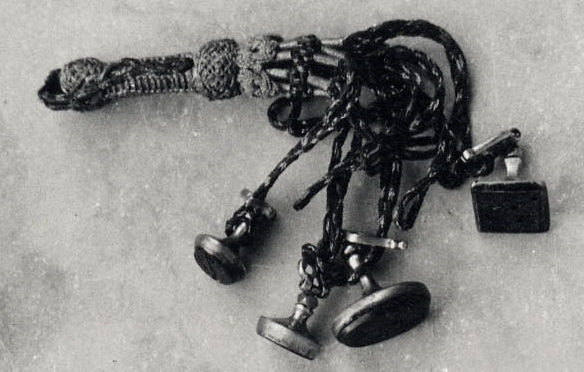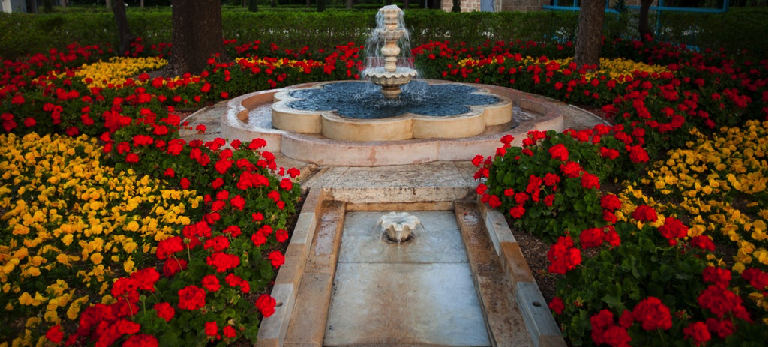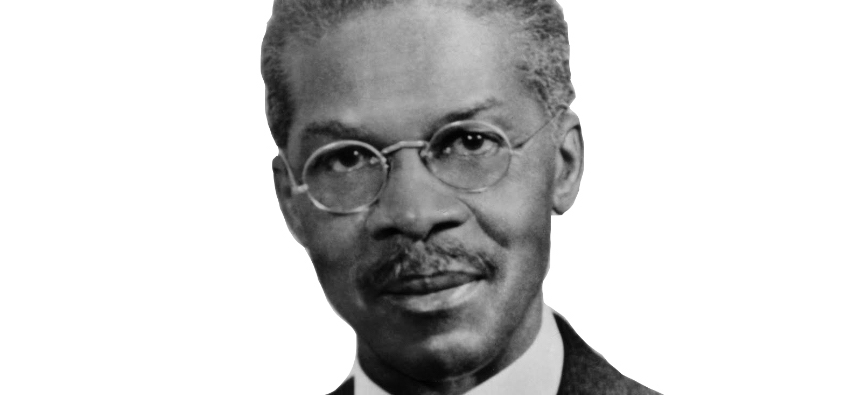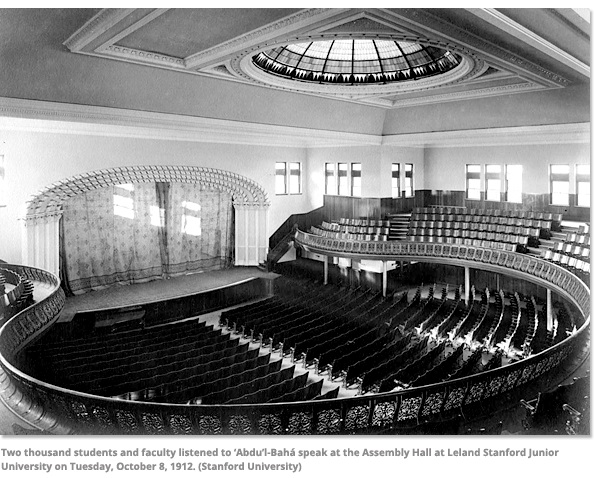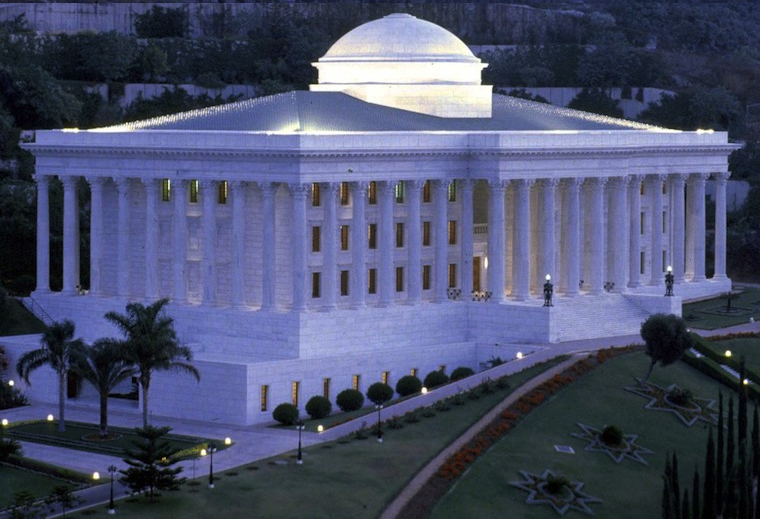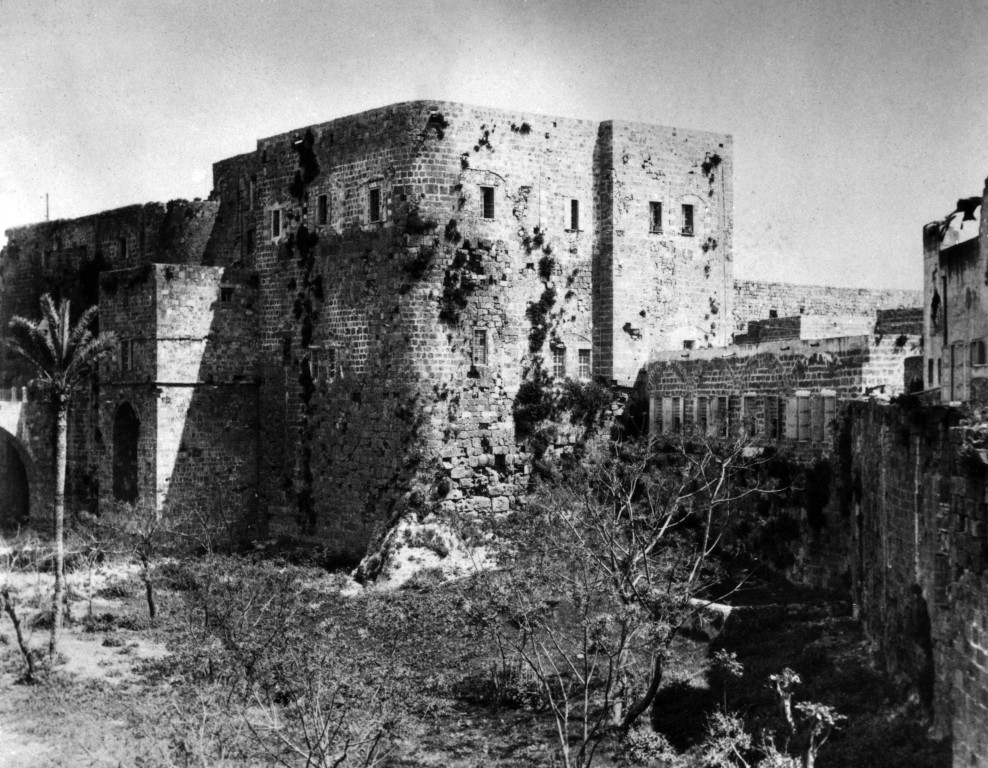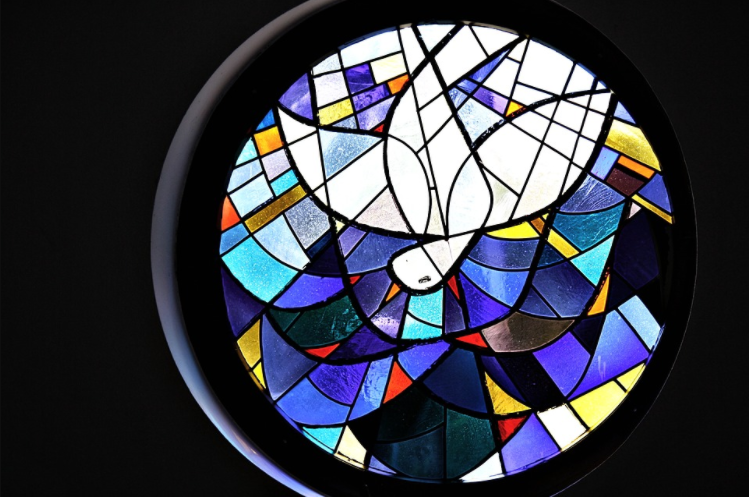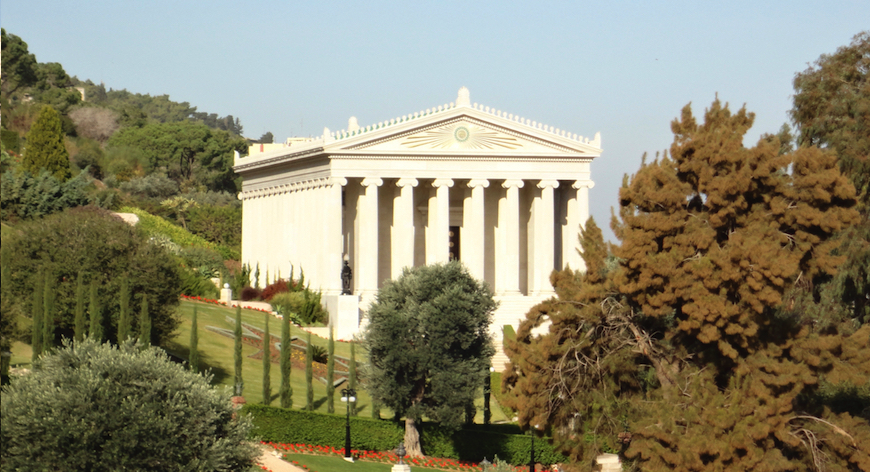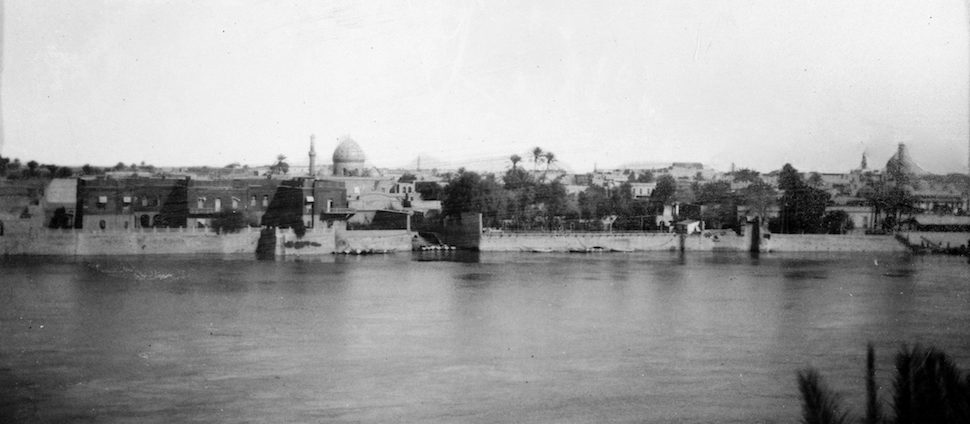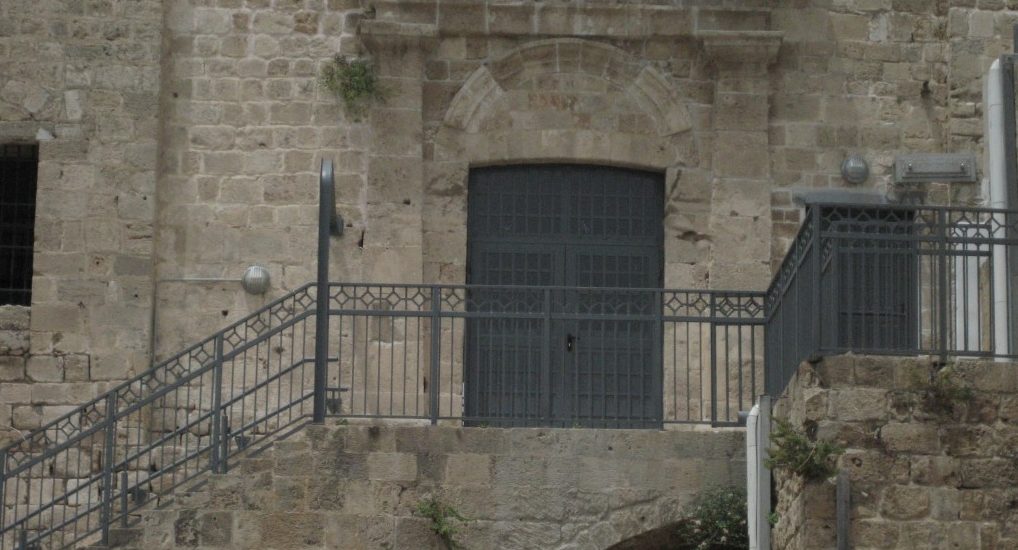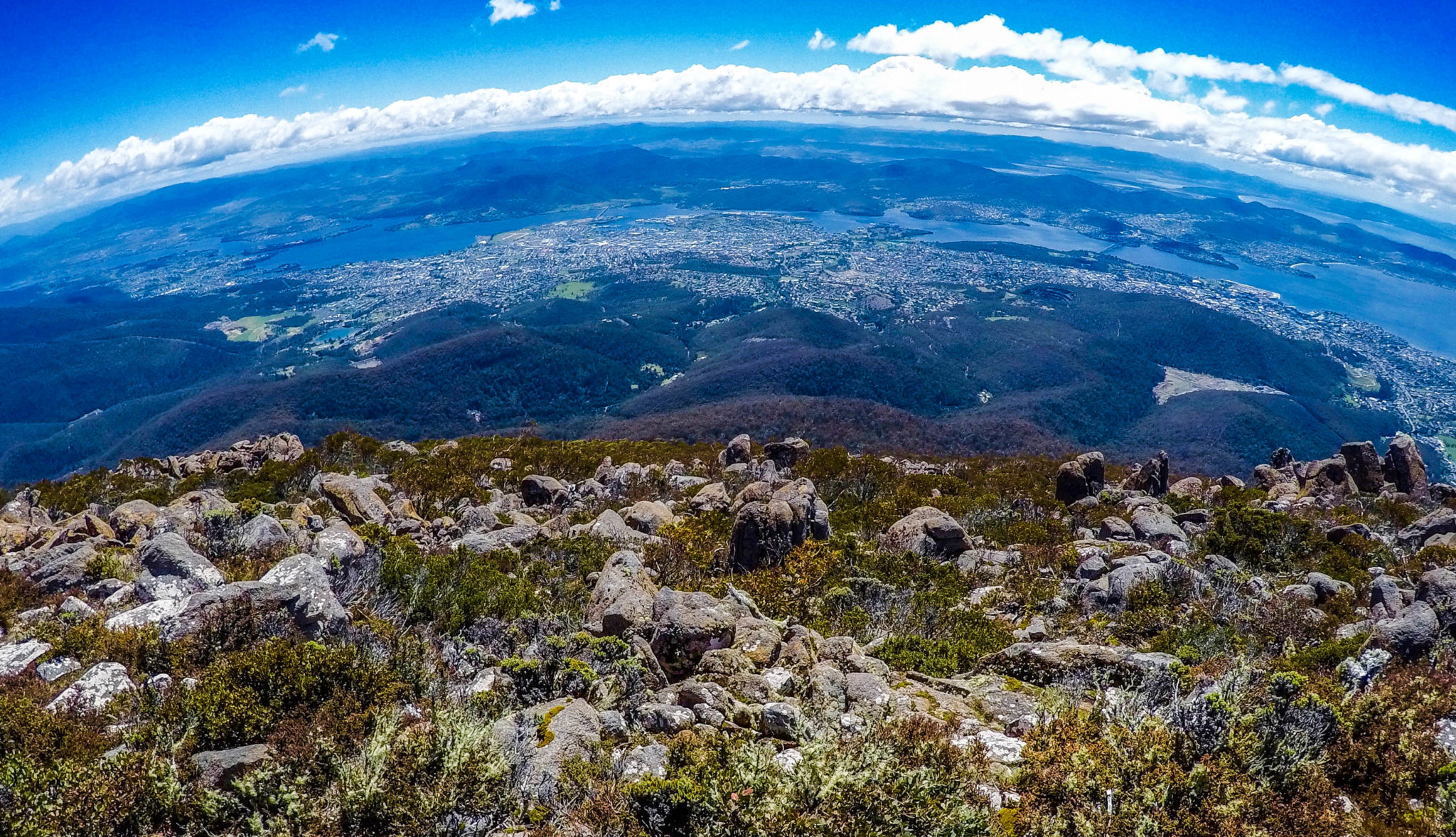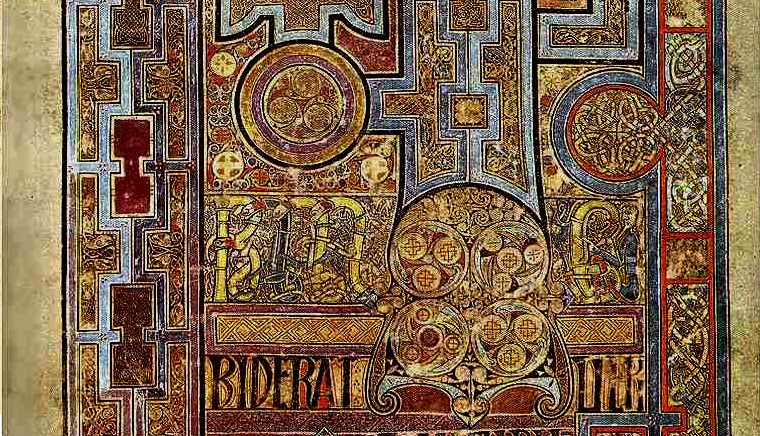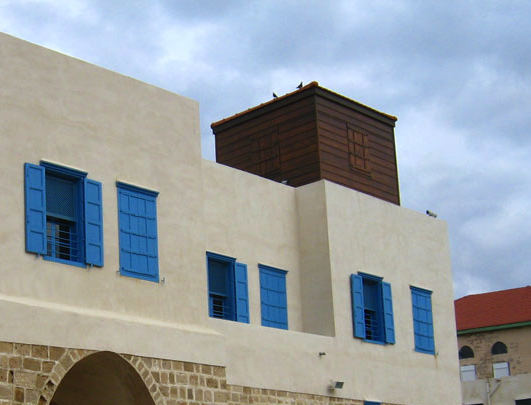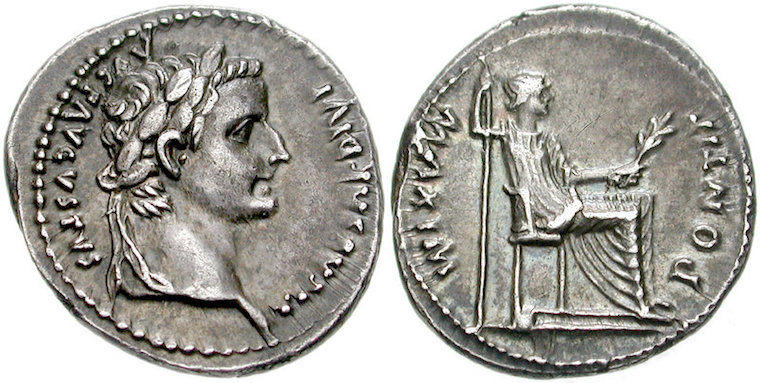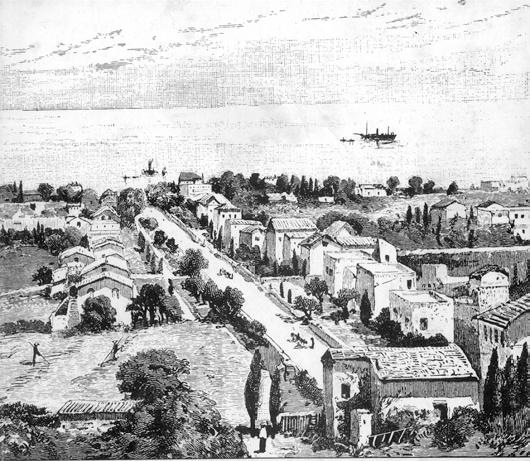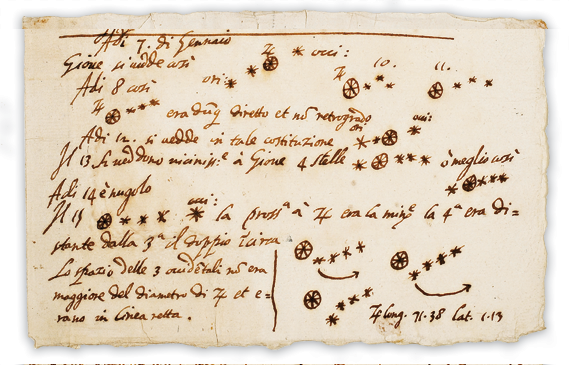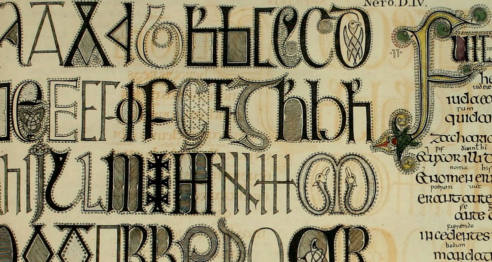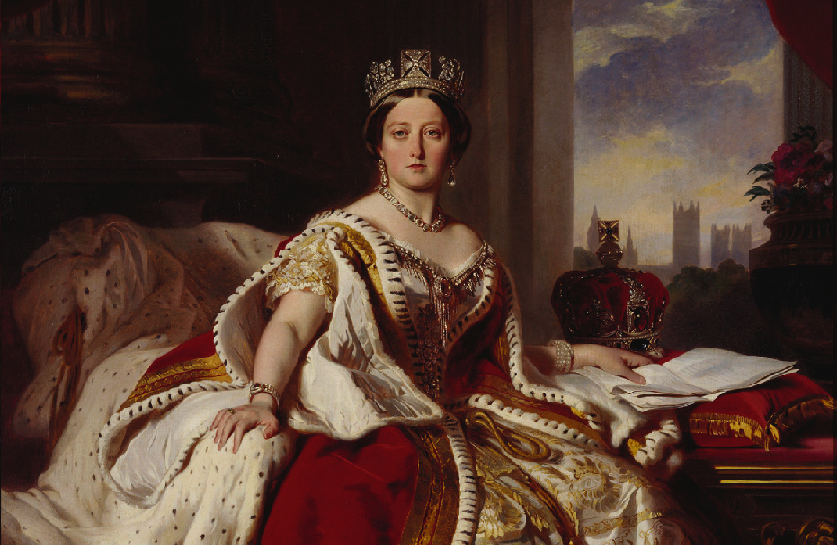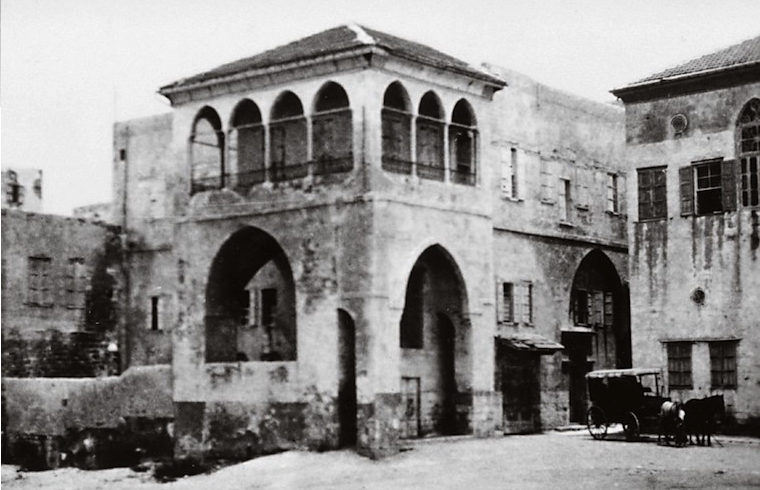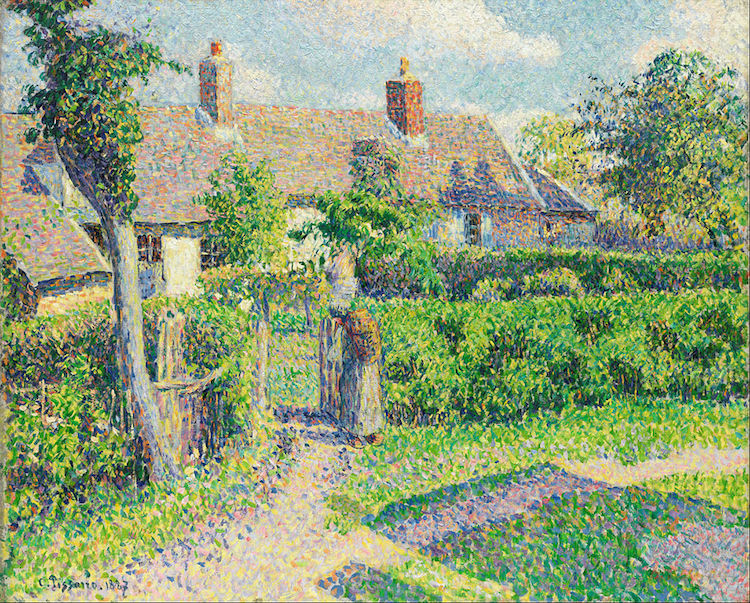-
Bahá’u’lláh is freed from the Prison City
The circumstances in which Bahá’u’lláh was freed from the prison city of Akka provide a remarkable contrast from the circumstances in which he was condemned to perpetual exile within its walls. Secular and religious opponents had brought it about. Nine years had passed since that imprisonment and over the years he had become a revered and loved figure in the prison city. Now, both secular and religious leaders assisted in bringing about Bahá’u’lláh’s release from the prison city – notwithstanding that he was still a condemned prisoner. Abdu’l Baha tells the story of how his departure from the city came about. Bahá’u’lláh loved the beauty and verdure of the country.…
-
Water Restored to Akka and Service to the Community
As time went on the people of Akka began to see the true character of Bahá’u’lláh and his followers. The initial contempt and hatred with which they had been greeted on entering the city changed into respect and even reliance. Bahá’u’lláh in this period largely ceased the open association he had followed with the people until their time in Adrianople and instead Abdu’l Baha took on the task of the many requests and expectations that were placed on them by a diversity of enquirers. The following from the recollections of Tuba Khanum, a daughter of Abdu’l Baha provides a sense: [Abdu’l Baha] would go first to the Bírúní, a large reception…
-
Systems Thinking in Bahá’u’lláh’s Teachings
The technological age in which we live is founded, among other things, on an analytical way of understanding the world. At the risk of over-simplification, reality is broken into discrete parts which can be understood in isolation from each other. For certain problem types, it is a very useful way of thinking that has produced many beneficial results. That success needs to be frankly acknowledged — as it has contributed enormously, if unevenly, to human welfare. But, like all that we human beings do, an analytic way of thinking is not perfect and it has drawbacks. For example, the creation of an item of technology to solve a certain problem sometimes results…
-
The Universal House of Justice and an ever changing world
The writings of Bahá’u’lláh are a very considerable religious corpus. Yet within those writings Bahá’u’lláh provides for the guidance and unfoldment of the Baha’i community over the centuries that would follow his passing. Thus in the Kitab-i-Aqdas, his book of laws, he writes: Let not your hearts be perturbed, O people, when the glory of My Presence is withdrawn, and the ocean of My utterance is stilled. In My presence amongst you there is a wisdom, and in My absence there is yet another, inscrutable to all but God, the Incomparable, the All-Knowing. Verily, We behold you from Our realm of glory, and will aid whosoever will arise for the triumph of Our Cause with the hosts of the…
-
Manifestation of God and the Relativity of Religious Truth
In this series of articles the term “messengers” or “prophet” is generally the one used when referring to figures such as Bahá’u’lláh, Buddha, Jesus or Muhammad. Yet such terms are inadequate, as the previous article, on the Word of God, illustrated. The exact nature of the prophetic figure has indeed been a point of disagreement within and between religions. As we might expect, given Bahá’u’lláh’s focus on unity, Bahá’u’lláh introduces ideas that open a pathway for overcoming differences around this question. It is essential to be able to be able to develop a common language that bridges the theological differences between religion. As we saw, the Kitab-i-Iqan (Bahá’u’lláh’s Book of…
-
The Word of God
Words are in some sense like seeds. They germinate as thoughts in the minds of readers or hearers. The exact form that the thought takes in the world of individual imagination differs depending on the soil of that heart and mind. As we have seen words also have power – to heal or harm – and care is thus required in their use. Thus Bahá’u’lláh states: One word is like unto springtime causing the tender saplings of the rose-garden of knowledge to become verdant and flourishing, while another word is even as a deadly poison. It behooveth a prudent man of wisdom to speak with utmost leniency and forbearance so…
-
Render unto Caesar …
The phrase is famous and the story well-known. When the religious scholars of his day were seeking to entrap Jesus they asked him whether it was lawful to pay tax to the Emperor. Jesus asked them to bring him a coin. They showed him a denarius and he asked them “Whose image is on the coin”. They replied, “Caesar’s” Then he said to them: “Render therefore unto Caesar the things which are Caesar’s; and unto God the things that are God’s.” In Christianity, the phrase has come to be seen as a principle for ordering the relationship between civil government and religion, although as Christ spoke in allegorical terms –…
-
The Kitab-i-Aqdas: A New Paradigm
The term “paradigm” is used in a way now familiar in everyday speech – such as in the phrase “a new paradigm” or “paradigm shift”. But this kind of usage has a particular and recent origin. It comes from a philosopher of science whose name was Thomas Kuhn. In the late 20th century, this philosopher undertook a systematic study of the history of science and it how progresses. What he persuasively showed was that science from time to time undergoes “scientific revolutions” — it enters a new paradigm or undergoes a paradigm shift. Such revolutions arise when an existing scientific paradigm encounters more and more unanswered questions that it is…
-
The Kitab-i-Aqdas: A Spiritual Life
In previous articles, we have considered what we mean by law, and we have looked at the process of law reform in the context of Bahá’u’lláh’s mission. When Bahá’u’lláh and his family and followers were initially brought to Akka they had been confined in the citadel of Akka. After two years and two months and 5 days, the citadel being needed to house soldiers, Bahá’u’lláh and his followers were moved elsewhere in the city. After several more moves, Bahá’u’lláh and his family were housed in the House of Udi Khammar. The Kitab-i-Aqdas was written in the House of Udi Khammar in 1873. Although much of the Kitab-i-Aqdas is concerned with…
